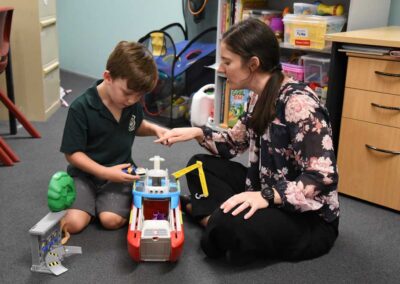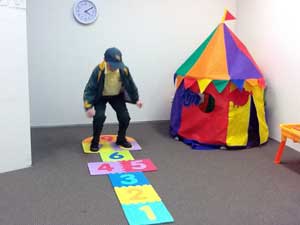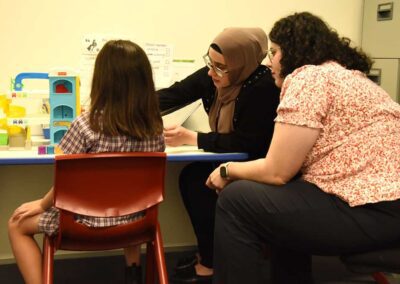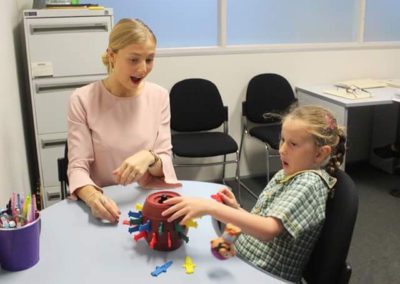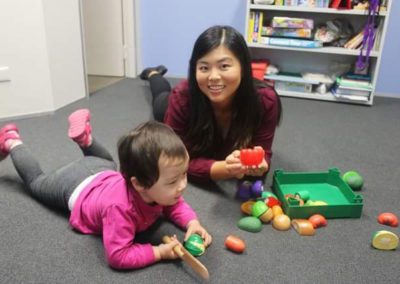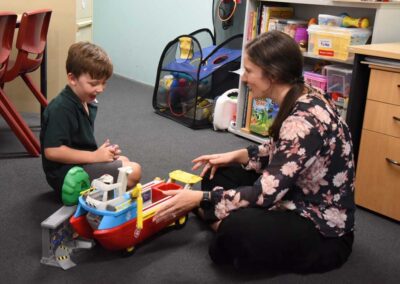The Power of Nursery Rhymes: Boosting Your Child’s Speech and Language Skills
As parents, we’re always on the lookout for fun and effective ways to support our children’s development. From the moment they’re born, we eagerly seek out activities that promote their growth, from tummy time to first words and beyond. But did you know that something as simple as nursery rhymes can also play a significant role in nurturing your child’s speech and language skills? These classic rhymes and tunes are a fantastic way to support speech and language development and early literacy skills for your little one.
Building Vocabulary
Nursery rhymes have so many words and phrases that are rich in rhythm and rhyme. From “Twinkle, Twinkle, Little Star” to “Humpty Dumpty” and “The Itsy Bitsy Spider,” each rhyme introduces your child to a new set of vocabulary words in a playful and memorable way. As they listen and repeat the familiar verses, they expand their vocabulary, learning new words and their meanings effortlessly.

Developing Phonological Awareness
Phonological awareness is the ability to recognize and manipulate the sounds of language, a critical skill for learning to read and write. Nursery rhymes, with their repetitive patterns and rhyming words, help children tune in to the sounds of language. As they clap to the rhythm, identify rhyming words, and fill in missing words, they develop a keen ear for the nuances of speech sounds.
Enhancing Memory and Sequencing Skills
Reciting nursery rhymes involves remembering a sequence of words and actions, which exercises your child’s memory and sequencing skills. Whether it’s remembering the order of verses in “The Wheels on the Bus” or the actions in “Head, Shoulders, Knees, and Toes,” nursery rhymes provide a fun and engaging way for children to practice recalling information in the correct sequence.

Promoting Language Play and Expression
Nursery rhymes are inherently playful, inviting children to experiment with language through rhyme, rhythm, and repetition. As they chant, sing, and act out the rhymes, children explore the musicality of language and play with sounds and words. This playful experimentation fosters creativity and self-expression, laying the foundation for effective communication skills.
Strengthening Social and Emotional Development
Sharing nursery rhymes with your child is not just about language learning; it’s also a bonding experience that strengthens your connection and fosters emotional well-being. Whether you’re cuddled up together reciting rhymes or joining a group of friends for a sing-along, nursery rhymes provide opportunities for social interaction, cooperation, and shared enjoyment.
So, how can you use nursery rhymes to support your child’s speech and language development? Here are a few simple strategies to try:
 |
|
Incorporating nursery rhymes into your child’s daily life is not only a great way to bond and have fun together but also a powerful tool for supporting their speech and language development. So, it’s time to start singing and have fun with your little one whilst growing their speech and language skills!


